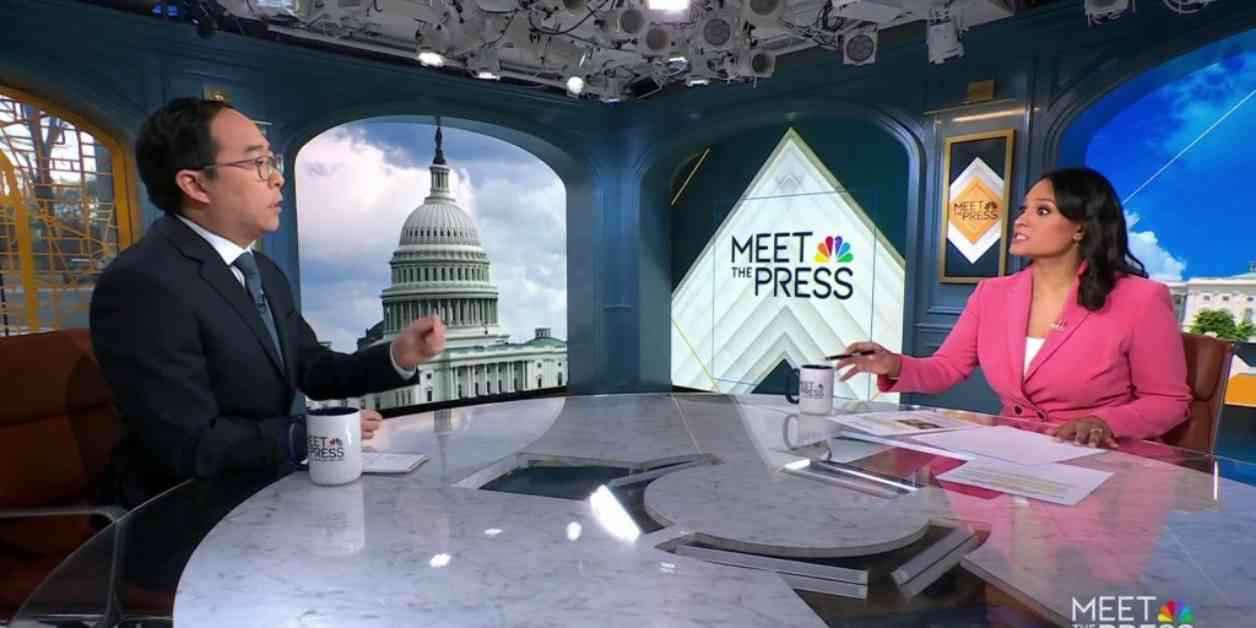Senator Andy Kim: Democrats Prepared to Shut Down Government to Oppose Trump
In a recent interview, Senator Andy Kim made a bold statement about the Democratic party’s stance on opposing President Trump’s policies. Kim expressed a willingness to go as far as shutting down the government if necessary to resist Trump’s agenda. This declaration comes amidst a series of controversial moves by the Trump administration, including the gutting of the United States Agency for International Development (USAID) and proposed takeovers of territories like Gaza.
Challenges to Trump’s Policies
One of the central points of contention highlighted by Senator Kim is the significant impact of Trump’s actions on U.S. relations with countries like China. Kim argues that the dismantling of USAID is essentially playing into China’s hands, allowing them to gain power and influence in regions where the U.S. traditionally held sway. This concern reflects a broader issue of national security and international relations that has been a recurring theme throughout Trump’s presidency.
Political Ramifications and Public Response
The potential for a government shutdown as a form of opposition to Trump’s policies raises questions about the effectiveness of such a drastic measure. While some may view it as a necessary step to protect the country’s interests, others may see it as an extreme and politically motivated move. The upcoming gubernatorial elections in states like New Jersey and Virginia could provide valuable insights into how voters perceive Trump’s agenda and the actions taken by lawmakers in response.
Senator Kim’s statements also shed light on the internal divisions within the Democratic party regarding the best approach to counteracting Trump’s policies. As tensions continue to escalate, it remains to be seen whether a unified front can be maintained in the face of such challenges. The role of individual politicians, like Kim, in shaping the party’s strategy and messaging will be crucial in the coming months as the political landscape evolves.
The ongoing debate over Trump’s proposals for territories like Gaza and his interactions with foreign leaders like China’s Xi Jinping underscore the complex nature of U.S. foreign policy. The implications of these decisions extend far beyond partisan politics, impacting global alliances and the country’s reputation on the world stage. As lawmakers navigate these complex issues, the stakes are high, and the need for thoughtful, strategic leadership is more critical than ever.
In conclusion, Senator Andy Kim’s remarks regarding the potential shutdown of the government to oppose President Trump’s policies highlight the deep-seated divisions and challenges facing the country. The impact of these actions extends beyond domestic politics, shaping the nation’s relationships with key allies and adversaries alike. As the political landscape continues to evolve, the decisions made by leaders like Kim will play a significant role in determining the future direction of the country.


